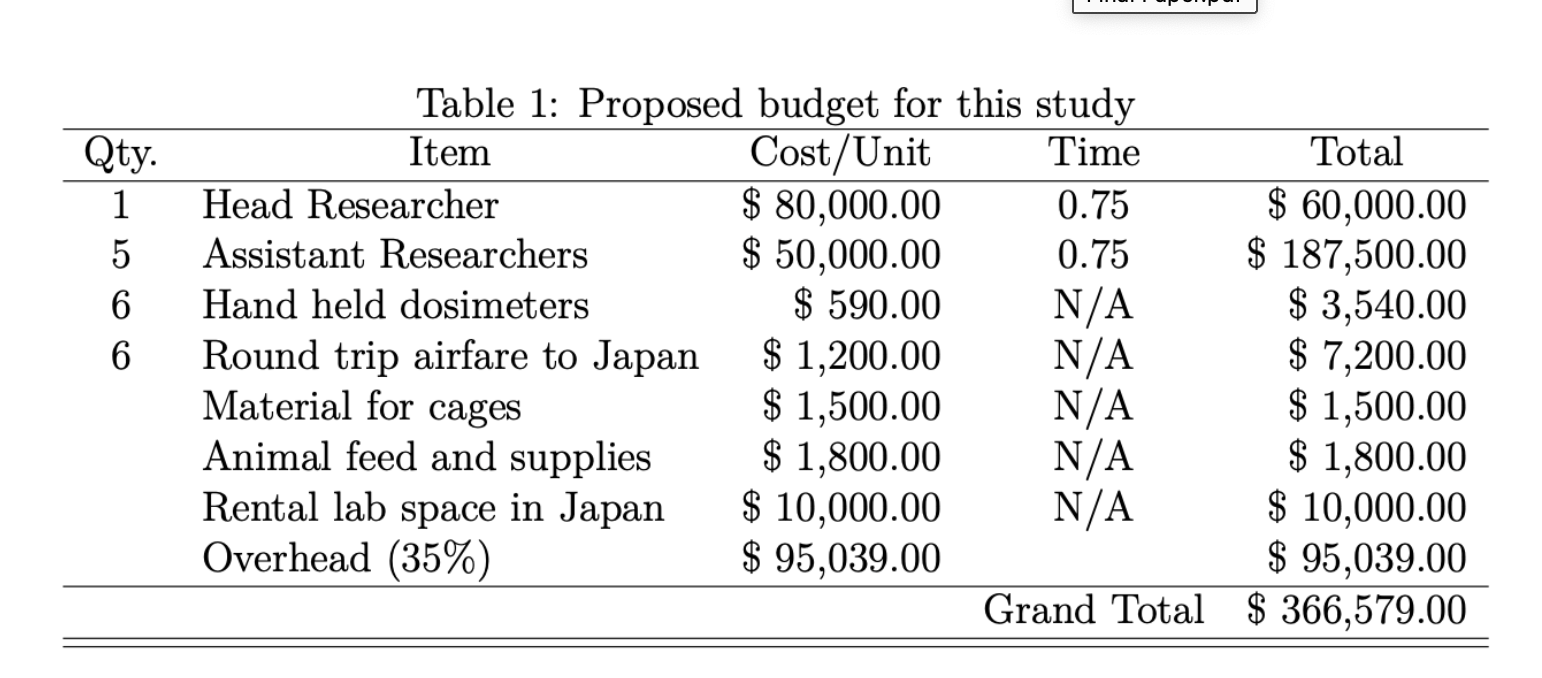For some time now, various bloggers have been publishing the suspicions of Argentinian physicians that a larvacide put in water to kill mosquitoes, Pyriproxyfen, may be responsible for the recent rash of microcephaly in Brazil, rather than the Zika virus. Now CNN has lent further credibility to the hypothesis by running the story. It is too soon to say for sure, but the evidence is quite suggestive. You can find the full report here. The physicians note that in previous outbreaks of Zika -- as well in other countries where Zika is widespread -- there was no uptick in microcephaly, despite 75% of the population being infected. They also mention that the larvacide is manufactured by a Japanese subsidiary of Monsanto and claim that "this strategy is in fact a commercial manoeuvre from the chemical poisons industry, deeply integrated into Latin American ministries of health as well as WHO and PAHO" (2016).
Pyriproxyfen acts by inhibiting growth in mosquito larvae, lending biological plausibility to a connection with human fetal development. Pyriproxyfen is teratogenic (causes malformations in an embryo or fetus), at least in mosquitoes, and an endocrine disruptor. The authors point out that early embryonic development is not so dissimilar in humans compared to mosquitoes, and that we share 60% of our active genes with the Aedes mosquito (2016). I echo the outrage of the authors that no one considered the possible risk of widespread use of a toxic pesticide like this one; however, nothing could be more common, in the developing world as in the U.S.
(CNN)Brazilian health officials and the World Health Organization are denying links between a well-known pesticide and microcephaly, a condition that causes babies to develop abnormally small heads and leads to death in some cases.
The pesticide is called Pyriproxyfen, and it's used in water tanks to eliminate mosquito larvae.
A group of doctors from Argentina claims this larvicide could be behind the recent surge in babies born with microcephaly in Brazil. Based on this claim, Rio Grande do Sul, Brazil's southernmost state, has decided to ban the larvicide.
Joao Gabbardo dos Reis, secretary of health for Rio Grande do Sul, announced Saturday that the use of the larvicide to treat water used for human consumption is now prohibited.
"We decided to suspend the use of the product [Pyriproxyfen] in human consumption water until we get a position in the Ministry of Health and because of that we strengthen the appeal to the population to eliminate any possible breeding ground of the mosquito," said Gabbardo said.
The Brazilian state made its decision based on a report published by the University Network of the Environment and Health, a group of doctors from Argentina.
"They fail to recognize," the report says, "that in the area where most sick persons live, a chemical larvicide producing malformations in mosquitoes has been applied for 18 months, and that this poison (Pyriproxyfen) is applied by the state on drinking water used by the affected population.
Read the full article at http://www.cnn.com/2016/02/17/health/brazil-who-pesticide-microcephaly-zika/index.html
References
Red Universitaria de Ambiente y Salud. 2016. Report from physicians in the crop-sprayed town regarding Dengue-Zika, microcephaly, and massive spraying with chemical poisons. Available at http://www.reduas.com.ar/report-from-physicians-in-the-crop-sprayed-town-regarding-dengue-zika-microcephaly-and-massive-spraying-with-chemical-poisons/













